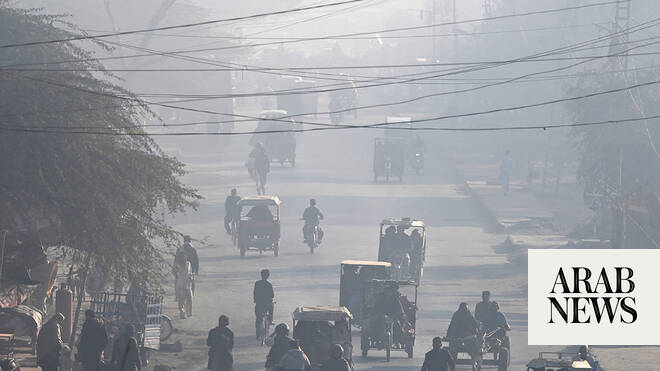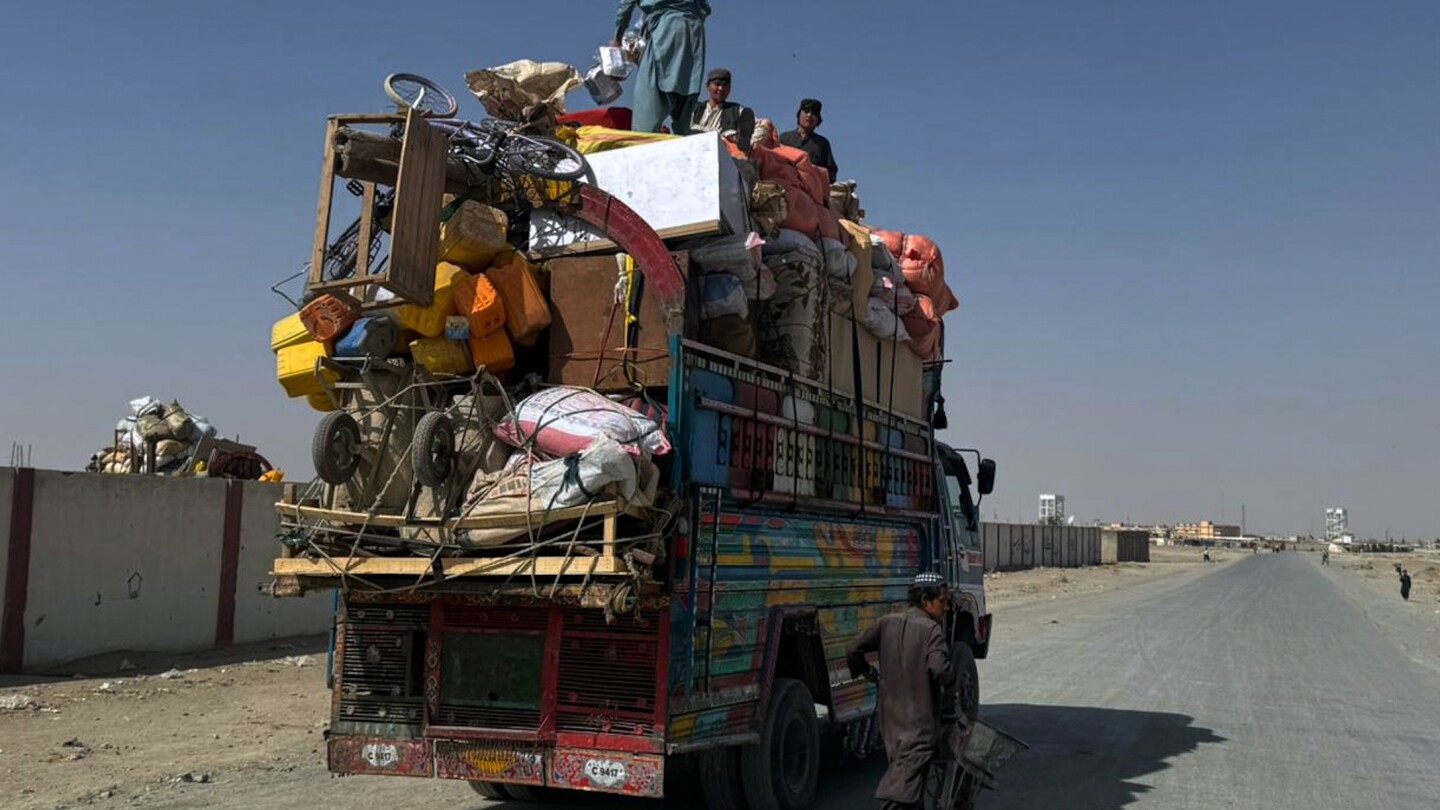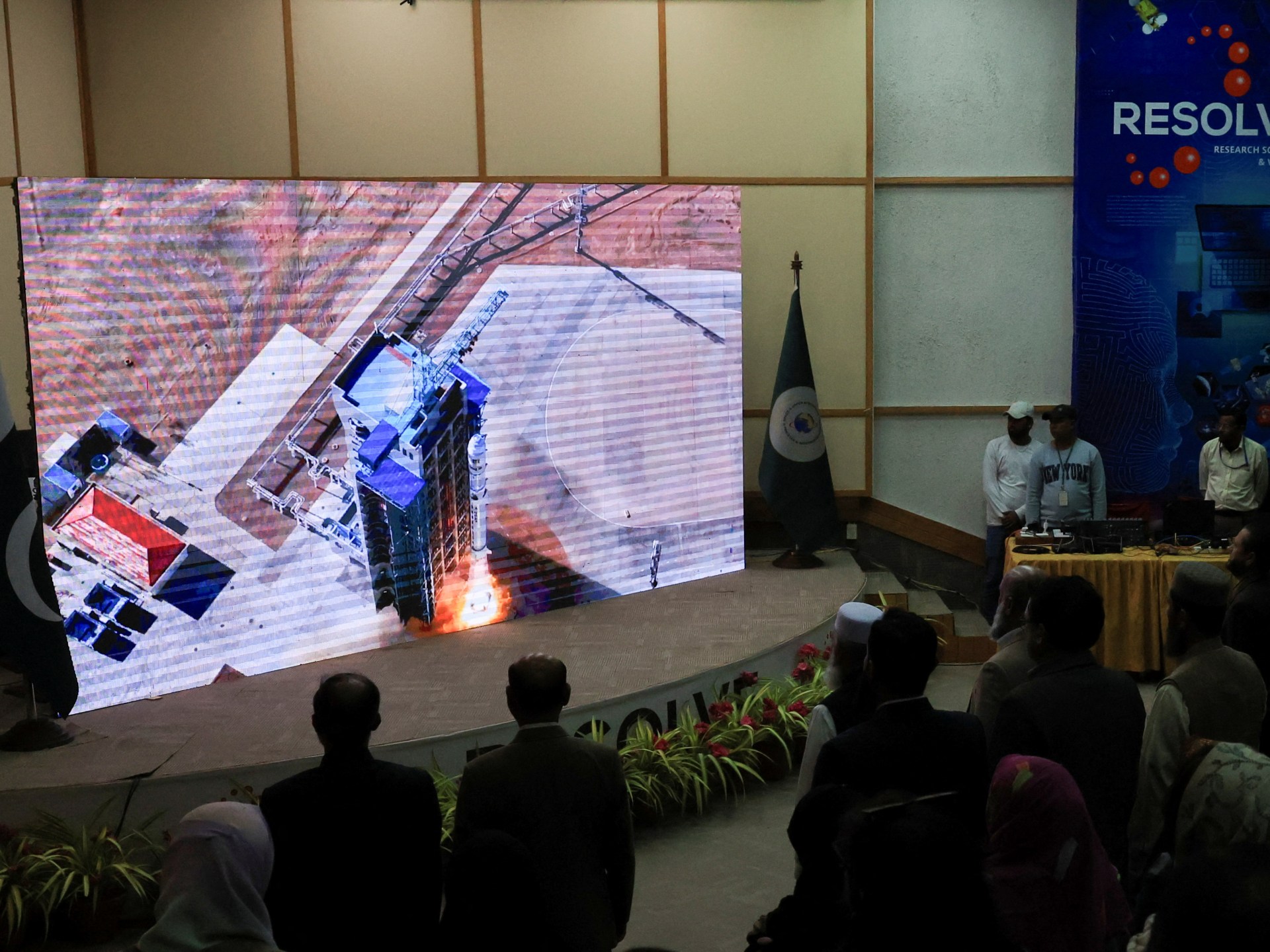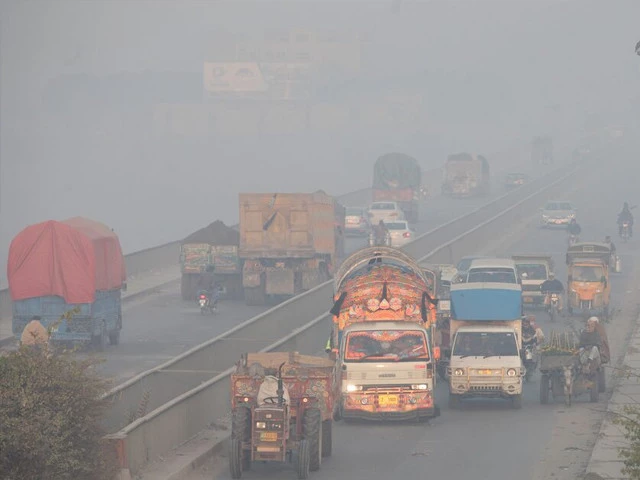KABUL: As fighting between Pakistan and Afghanistan escalated into rare, bloody combat this month, Islamabad pointed fingers at another adversary, accusing India of fueling the conflict.
Pakistan’s Prime Minister…

KABUL: As fighting between Pakistan and Afghanistan escalated into rare, bloody combat this month, Islamabad pointed fingers at another adversary, accusing India of fueling the conflict.
Pakistan’s Prime Minister…

In a major development, the Crime Control Department (CCD) has assumed control of the investigation into the high-profile murder of Ameer Balaj, following directives for the Joint Interrogation Team (JIT) to halt its operations.
All documents,…

ISLAMABAD (AP) — Afghanistan and Pakistan, embroiled in fighting that has killed dozens of people and injured hundreds, pledged on Sunday to respect a ceasefire.
The truce, mediated by Qatar and Turkey,…

The technology is expected to boost capacity in environmental monitoring, urban planning and disaster management.
Published On 19 Oct 2025
Pakistan has sent its first-ever hyperspectral…

Smog in Lahore. Photo File: REUTERS
Lahore has climbed to the second spot among the world’s most polluted cities, according to the global air quality…

ISLAMABAD: Mohammad Wasif stood on the track as the roar of turbocharged engines echoed…